R3d
No longer a newbie, moving up!
- Joined
- Mar 21, 2012
- Messages
- 378
- Reaction score
- 114
- Location
- Washington, D.C.
- Can others edit my Photos
- Photos NOT OK to edit
Here's a handful from a photo essay I've just completed. If you like what you see head over here to view the full story: Cannon - a set on Flickr
Still waiting on Behance to stop being funky with uploading.

17th & I by R3d Baron, on Flickr

Twenties by R3d Baron, on Flickr

The Movies by R3d Baron, on Flickr

iPad by R3d Baron, on Flickr

The Descent by R3d Baron, on Flickr

Metro Transit Police by R3d Baron, on Flickr

Freezing by R3d Baron, on Flickr
Still waiting on Behance to stop being funky with uploading.

17th & I by R3d Baron, on Flickr

Twenties by R3d Baron, on Flickr

The Movies by R3d Baron, on Flickr

iPad by R3d Baron, on Flickr

The Descent by R3d Baron, on Flickr

Metro Transit Police by R3d Baron, on Flickr

Freezing by R3d Baron, on Flickr



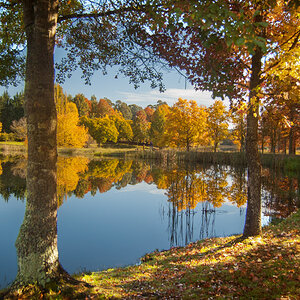
![[No title]](/data/xfmg/thumbnail/31/31748-63241c520f250328a5ec32959b8f53d0.jpg?1619734989)
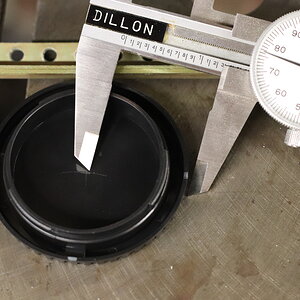
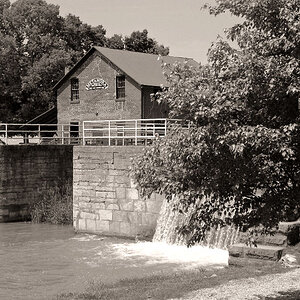
![[No title]](/data/xfmg/thumbnail/42/42268-15c1c02cec1d71208987fc7c7ec7784c.jpg?1619740077)
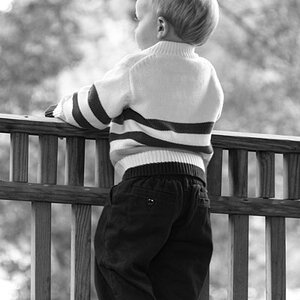
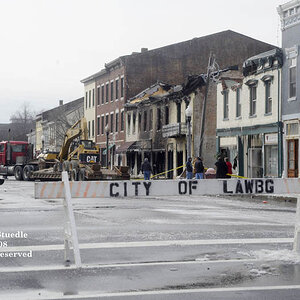
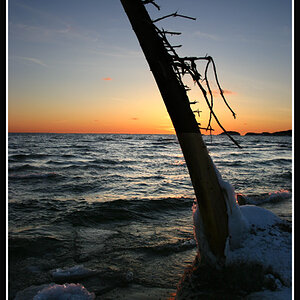
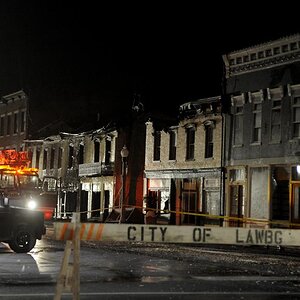
![[No title]](/data/xfmg/thumbnail/31/31095-2b52a6dcc956382cffdd384ae4d156f2.jpg?1619734612)
![[No title]](/data/xfmg/thumbnail/39/39479-b21bb968588fb225cd453013c6512c9a.jpg?1619739047)